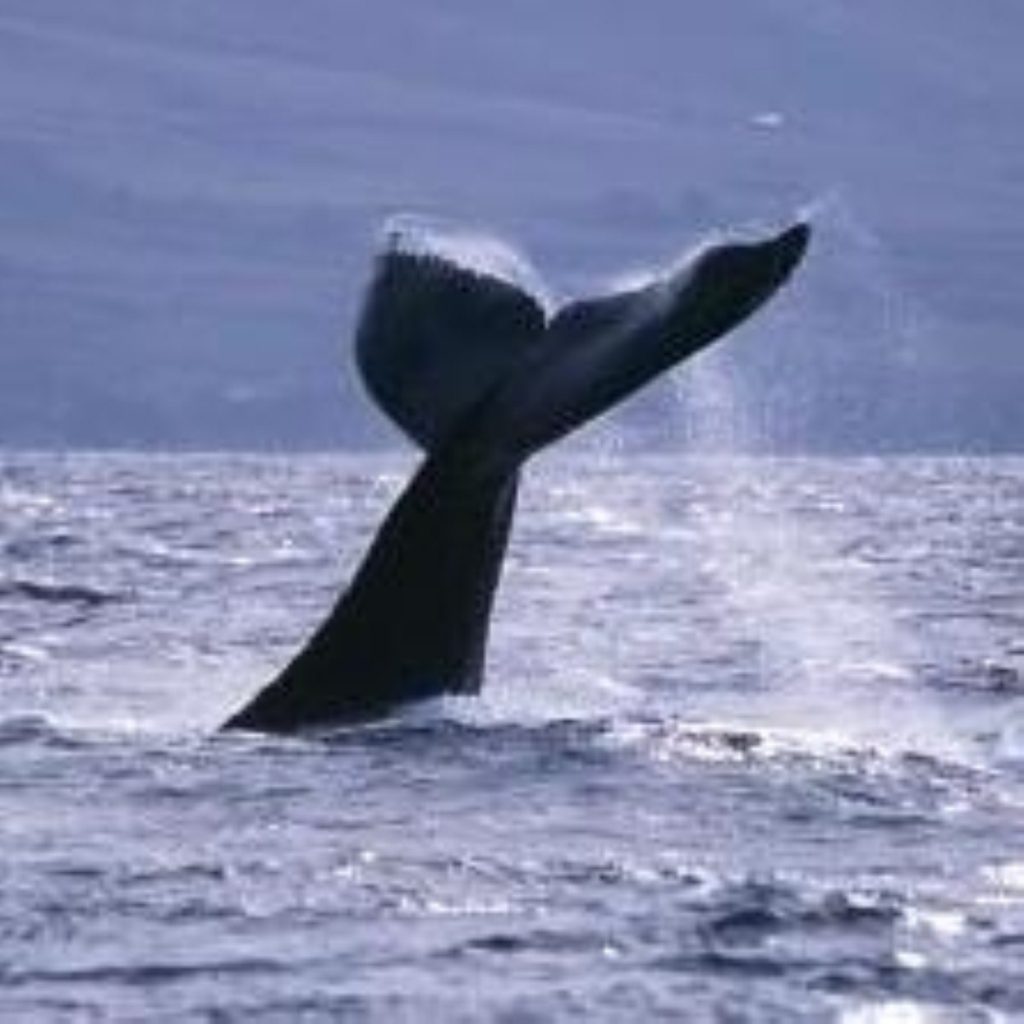Fishing should be banned in a third of the UK, says Royal Commission
Drastic action is needed to preserve the UK’s marine environment, including substantial no-fishing zones, according to the Royal Commission on Environmental Pollution.
In a new report out today, the commission calls for one third of UK waters to be turned into marine reserves where no fishing would be allowed.
It says the move is necessary to protect the marine environment and save threatened fish species.
The report – ‘Turning the tide: Addressing the impact of fisheries on the marine environment’ – concludes that fishing is a major threat to the seas and that 40 per cent of commercial fish species in the north-east Atlantic and neighbouring seas are outside sustainable limits.


In addition, it points to birds and mammals being killed in nets, fishing gear damaging the sea bed, and large quantities of unmarketable fish being dumped at sea.
It also calls for deep-sea fishing to be banned in UK territorial waters and urges the Government to press for similar action at a European level.
Commission chair, Sir Tom Blundell, said: “Currently, fishing is allowed unless there is clear evidence of damage. This needs to change. Fishing should first be assessed for its effect on marine ecosystems and be brought under a framework of environmental protection.”
“We need to take positive steps to allow the environment to recover. Marine reserves should be created to protect 30 per cent of the UK’s seas from fishing. Intervention on this scale is necessary to preserve important ecosystems, and to break the present cycle of unrealistic quotas and diminishing fish populations. Similar measures are also needed across Europe.”
Continuing, he said: “It is hard to imagine that we would tolerate a similar scale of destruction on land, but because it happens at sea the damage is largely hidden. On land, we have had a planning system for over 50 years to control development and set aside areas for protection. Unless similar steps are taken at sea to allow recovery from decades of intensive fishing, species may disappear and the ecosystem itself be put in danger.”
Sir Tom pointed to evidence from areas where there are marine reserves – for example the Great Barrier Reef – that they lead to an increase in both the size and numbers of marine life.
The commission is also calling for a new Marine Act to clarify the law governing the sea – including the location of offshore developments such as wind farms – which would have the protection of the sea as its “primary objective”.
The report has been widely welcomed by environmental groups, but others have questioned the thrust of the report.
SNP leader Alex Salmond said that the real villain was the Common Fisheries Policy (CFP) and called for a UK withdrawal.
He said: “The Common Fisheries Policy has been a disaster for Scotland’s fisheries and failed our fishing communities. It has failed to protect some key stocks whilst preventing our fishermen from catching Scotland’s premium stocks that are in plentiful supply such as prawn, haddock and monkfish. A policy that forces our fishermen to throw perfectly good fish back dead into the sea.
“The best and most sustainable fisheries operate outside the Common Fisheries Policy. Norway, the Faroe Islands and Iceland all have a well managed, environmentally sustainable and economically viable fishery operating outside the CFP.”












